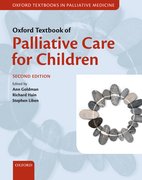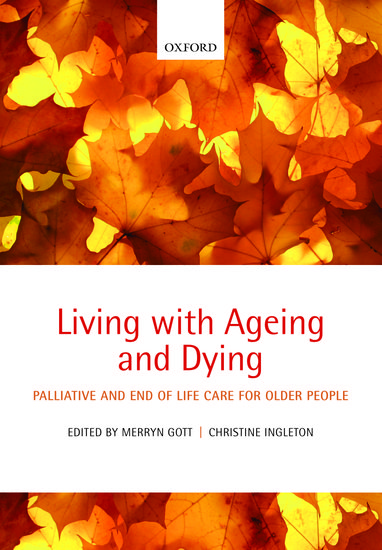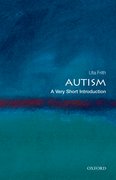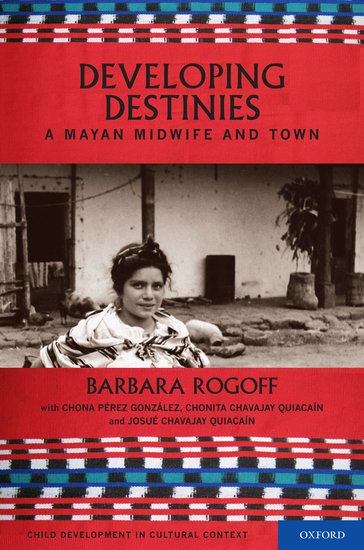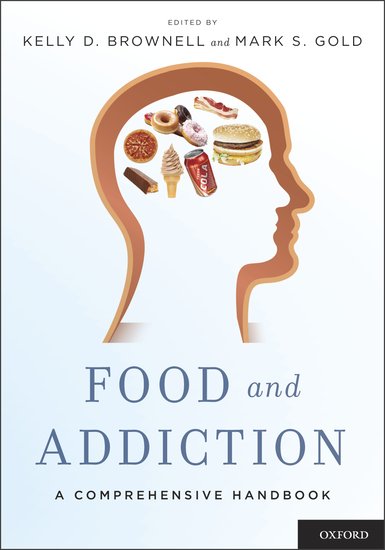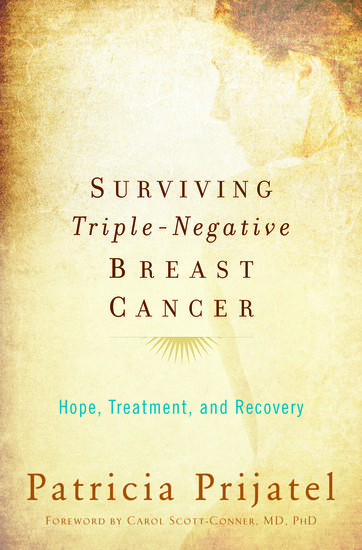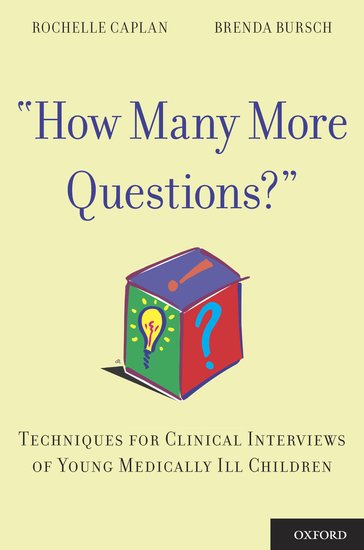HIV/AIDS testing: suspicion and mistrust among Baby Boomers
By Chandra Ford
February 7th will mark the thirteenth National Black HIV/AIDS Awareness Day. Despite the fact that blacks make up only 14% of the US population, the CDC reports that blacks accounted for 44% of all newly reported HIV infections in 2009, the HIV infection rate among Latinos was nearly three times as high as that of whites, and 1 in 4 persons living with HIV/AIDS in the USA is an older adult (50+ years old).


